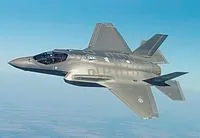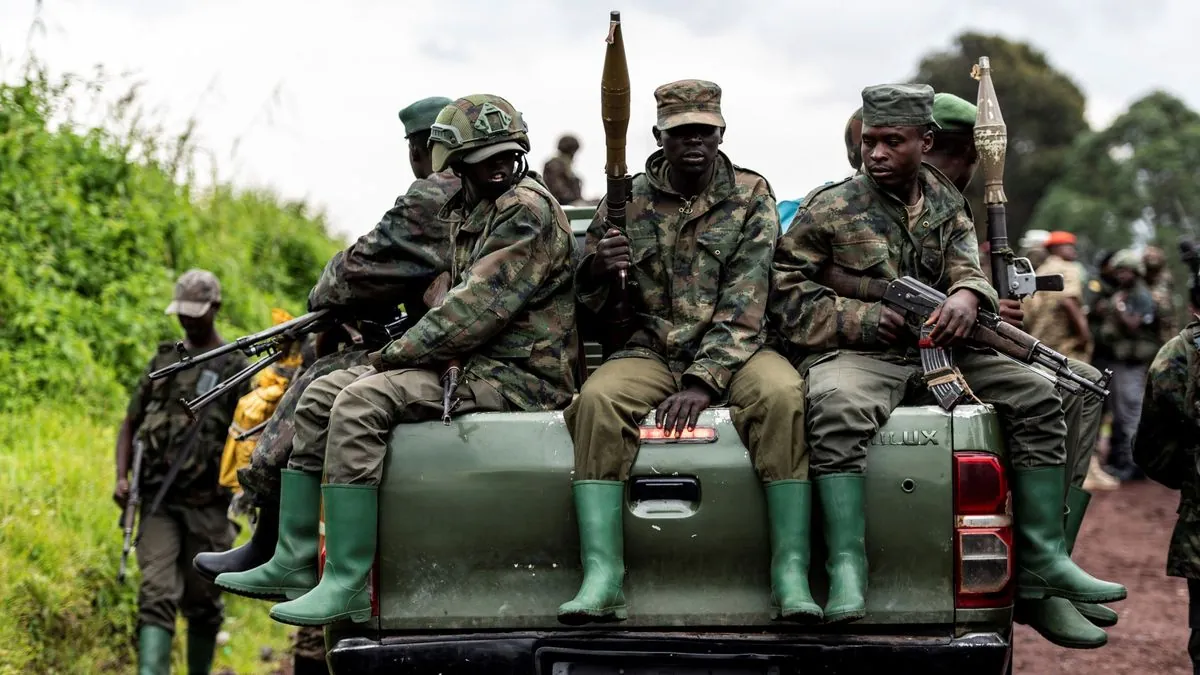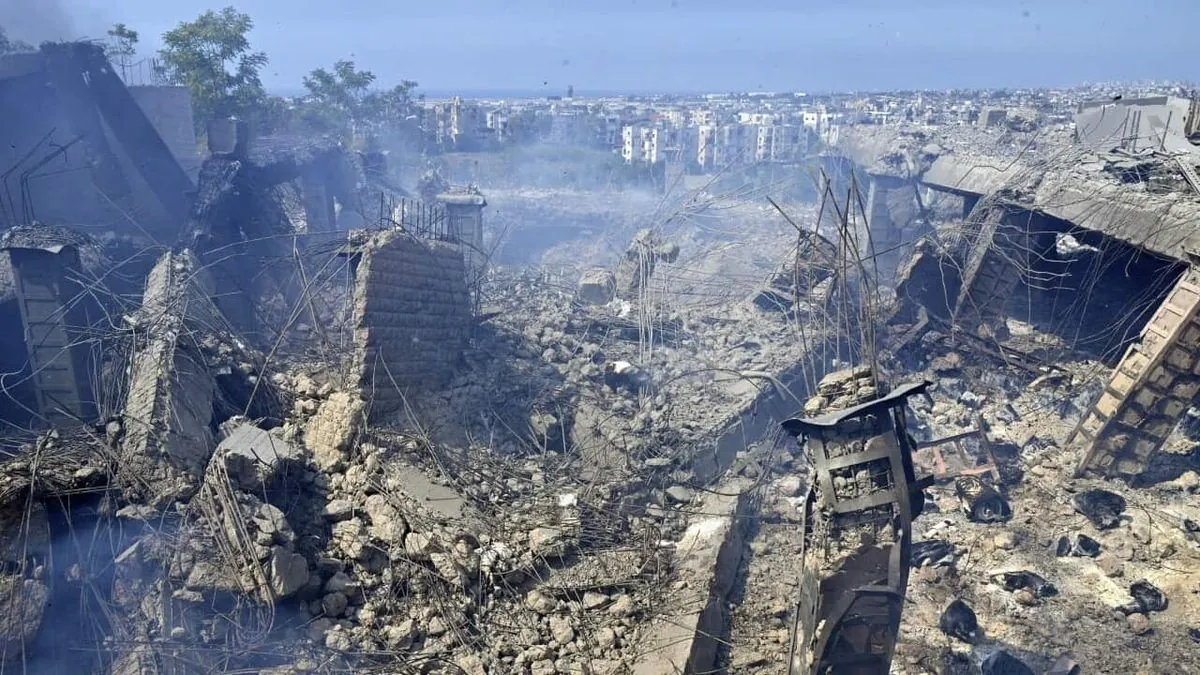Mossad's Deadly Deception: Explosive Pagers Devastate Hezbollah
Israel's Mossad orchestrated a covert operation using booby-trapped pagers to target Hezbollah. The attack killed thousands and led to the assassination of Hezbollah's leader, raising concerns of regional escalation.
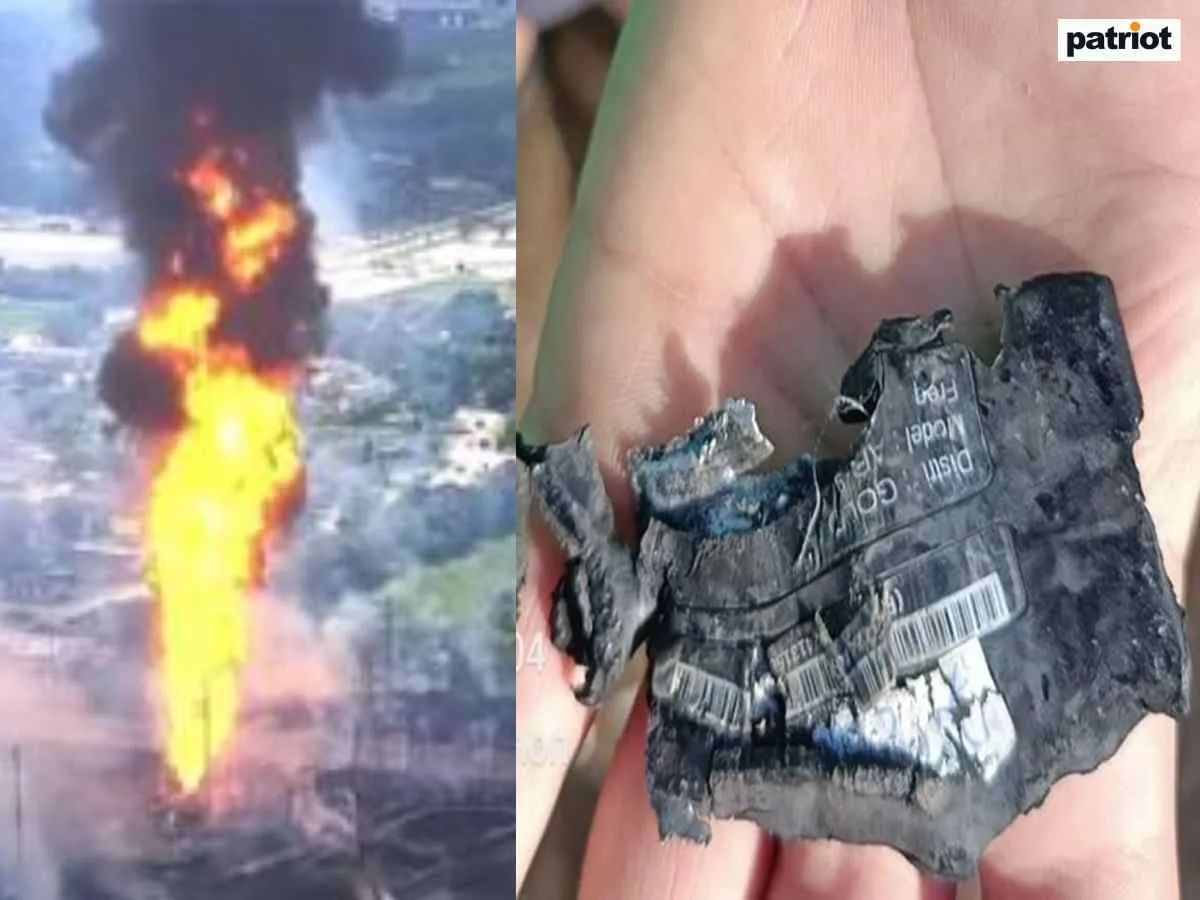
In a sophisticated operation spanning years, Israel's Mossad intelligence service executed a devastating strike against Hezbollah, utilizing booby-trapped pagers to inflict significant casualties on the Lebanese militant group. The operation, which culminated in September 2024, resulted in the deaths or injuries of up to 3,000 Hezbollah members and ultimately led to the assassination of the group's leader, Hasan Nasrallah.
The plan, conceived in 2022, involved the creation of seemingly secure communication devices that were actually explosive-laden Trojan horses. Mossad agents, leveraging the reputation of the Taiwanese Apollo brand, marketed these pagers to Hezbollah through an unwitting third-party distributor. The militant group, known for its paranoia about surveillance, purchased 5,000 of these devices, believing them to be impervious to Israeli tracking.
The pagers, assembled in Israel under Mossad's supervision, contained a hidden explosive component and a unique two-step decryption process. This design ensured that users would likely be holding the device with both hands when it detonated, maximizing the damage inflicted.
On September 17, 2024, Mossad remotely triggered thousands of these devices across Lebanon and Syria. The explosions decimated Hezbollah's mid-level leadership and support personnel, catching the organization completely off guard. The following day, hundreds of similarly rigged walkie-talkies also detonated, further crippling the group's infrastructure.
This operation marked a significant escalation in the ongoing conflict between Israel and Hezbollah. The success of the pager plot emboldened Israeli leadership to launch further strikes against the militant group, including a massive air assault on a Hezbollah command center in Beirut on September 27, 2024.
The culmination of this campaign came on September 28, 2024, when Hezbollah confirmed the death of its long-time leader, Hasan Nasrallah. This announcement sent shockwaves through the region and raised concerns about potential retaliation from Hezbollah and its allies, particularly Iran.
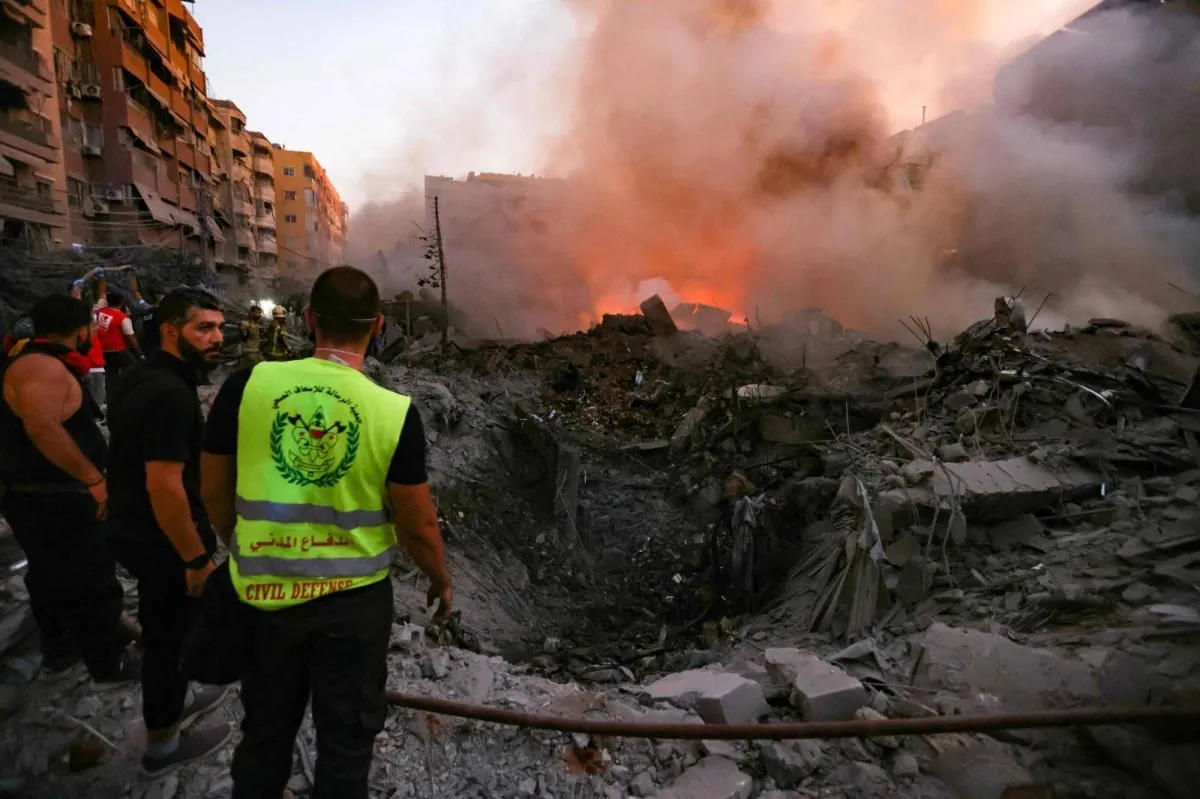
The operation's success has been hailed as a masterpiece of espionage, showcasing Mossad's ability to penetrate and devastate a highly secretive and well-organized adversary. However, it has also sparked debates within Israel's security establishment and among its allies about the potential consequences of such a bold move.
The use of explosive-laden communication devices in this operation draws parallels to historical examples of covert tactics employed by intelligence agencies worldwide. The concept of using seemingly innocuous objects as weapons dates back centuries, with the Trojan horse of Greek mythology serving as a famous metaphor for such deception.
As the region grapples with the aftermath of this operation, concerns about a wider Middle East conflict loom large. The assassination of Nasrallah, in particular, has raised fears of severe retaliation from Hezbollah and its allies. The situation remains tense, with both Israeli and Lebanese citizens near the 120-kilometer shared border on high alert.
The international community, including the United Nations, which has been involved in peacekeeping efforts between Israel and Lebanon since 1978, is closely monitoring the situation. The United States, Israel's closest ally, was reportedly not informed of the pager operation, highlighting the sensitive and compartmentalized nature of such covert actions.
As the dust settles on this unprecedented operation, questions remain about its long-term impact on regional stability and the future of Israeli-Lebanese relations. The use of such innovative and deadly tactics in espionage operations may well mark a new chapter in the ongoing conflicts of the Middle East.
"We will not accept a terror army perched on our northern border, able to perpetrate another Oct. 7-style massacre."
This statement, made by Netanyahu at the United Nations following the strikes against Hezbollah, underscores Israel's determination to neutralize threats along its borders. However, it also raises questions about the potential for further escalation in an already volatile region.

























